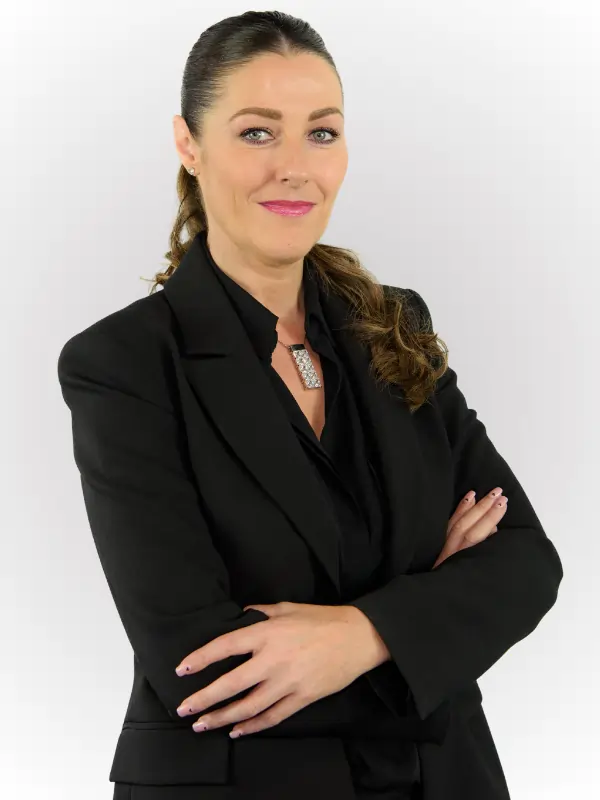The Christian brothers
The Congregation of Christian Brothers were formed in 1820. The founder of the Order was Blessed Edmund Rice.
In the late 20th and early 21st century, cases of historical physical, sexual and emotional abuse were exposed in Ireland, the United States, Australia, Canada and the United Kingdom.
In 1998, the Congregation published newspaper apologies to former students mistreated while in their care.
In 2003, the Congregation took a case against the Commission to Inquire into Child Abuse, seeking to prevent the naming of members accused of abuse.
The Commission to Inquire into Child Abuse report was published in May 2009. The report found that abuse of boys in institutions run by the Christian Brothers was common.
Litigation strategy
The Christian Brothers are recognised for taking a particularly adversarial approach to civil claims brought by survivors of child sexual abuse at the hands of their members and employees.
Victims, already traumatised by the abuses suffered in their childhood, have found themselves subjected to further trauma due to the litigation strategy employed by the Congregation of the Christian Brothers.
The Christian Brothers An unincorporated body
The Congregation of the Christian Brothers is an unincorporated body, meaning it is not legal.
However, it has charitable status, which poses a particular complication for individuals seeking civil action.
Hickey v. McGowan
In 2017, the Supreme Court considered the issue of those wishing to sue an unincorporated body. The Court held that those wishing to take action against an Unincorporated Body must sue every member at the time of the alleged wrongdoing.
The consequences of Hickey v. McGowan for those wishing to take action against the Congregation of the Christian Brothers.
When a person wishes to take civil action against an unincorporated body, they (or usually their legal representative) will request that one person agree to act as a body nominee.
When a case is being taken against a religious order, a request is usually made to the elected Provincial to agree to be a nominee. That means that the Provincial would agree to act on behalf of all members of the order when the alleged wrong is alleged to have occurred.
While most unincorporated bodies, including religious orders, will agree to nominate a person to act for the Congregation, The Congregation of the Christian Brothers has consistently refused to do so in litigation against them.
Whilst there is currently no law that forces an unincorporated body to nominate a member to act, equally, there is nothing in Law that prevents an unincorporated body from nominating one of its members to act in legal proceedings.
In other words, the Christian Brothers choose to exploit this lacuna in the Law to the detriment of victims of childhood sexual abuse who are pursuing their legal right to seek justice for the severe wrongs done to them.
Political reaction to the approach to civil litigation by the Congregation of the Christian Brothers
In April 2023, Lord Mayor of Dublin, Councilor Caroline Conroy, wrote to the ten Provincial of the Order, Brother Edmund Garvey, urging him to reconsider the Orders approach to the civil litigation being taken by survivors of childhood sexual abuse at the hands of their congregation and staff members.
She described the approach of the congregation to civil cases brought by survivors as a form of double and secondary abuse.
On the 4th of September 2023, members of Drogheda Borough Council passed a formal motion making a very significant decision to remove the Freedom of the Town from Drogheda native Brother Edmund Garvey.
The motion read
This council recognises the importance of civic leadership in both the recognition of positive contributions to the fabric of Drogheda and the bearing of responsibility inherent in all positions of authority and leadership.
The Council reiterates its complete opposition to the legal strategy first adopted by Edmund Garvey on behalf of the Christian Brothers Order.
In recognition of the detrimental impact this leadership choice has had on victims and survivors of clerical child sex abuse, and as a mark of symbolic restorative justice, this council hereby declares that this council will no longer acknowledge Edmund Garvey as a Freeman of Drogheda. Read the Irish Times article
Furthermore, the Minister for Justice, Helen McEntee, very recently publicly condemned the strategy on LMFM radio.
Recent media coverage of the Congregation of the Christian Brothers litigation strategy.
Recently, the media has noted the aggressive approach of the Congregation of the Christian Brothers to civil litigation initiated against them.
Recent reports have highlighted the refusal of the Congregation of the Christian Brothers to provide the identities of community members, forcing survivors to make applications to the Court compelling the leader of the order to disclose their names.
Furthermore, they have been forced to seek leave from the Court to serve proceedings on all members, causing significant delays and expense to victims, as well as further undue stress and trauma.
Philip Treacy, Senior Solicitor at Coleman Legal LLP, recently spoke to Michael Reade of LMFM about the litigation strategy being pursued by the Congregation of the Christian Brothers about historical child sexual abuse cases being brought against them.
Philip Treacy represents many victims of childhood sexual abuse. Philip stated that while this strategy is not illegal, it is a matter of choice for the Christian Brothers.
He pointed out that the Order was an outlier and other religious congregations were not pursuing this strategy.
He noted that the Order were playing the man, not the ball. Speaking of a recent case, he stated that the Order had only handed over the names of all members at the time of the abuse when the High Court had ordered that they do so.
This was despite repeated written requests made by Coleman Legal seeking the names.
Philip spoke of the devastating effect of childhood sexual abuse, which victims have carried throughout their entire lives. Every barrier is being put in the way to those seeking justice for the wrongs perpetrated on them.
He noted that the Christian Brothers were putting themselves before the victims and that this was morally unconscionable.
He also believed the congregation intended to dissuade victims from asserting their legal right to pursue civil cases.
He asks the simple question, Why are they doing this? Recently, Noeline Blackwell, Director of the Dublin Rape Crisis Centre, has criticised the strategy of the Christian Brothers.
Speaking to Michael Reade on LMFM, Ms Blackwell, also a human rights lawyer, stated that while the approach of the Christian Brothers to litigation was technically within the law, there were questions about the reason for it:
The question is, does it allow people to access justice? When we focus on the technicality, we deny people access to justice.
She noted that the strategy was taken only by the Christian Brothers but not by other Orders who put forward a nominee, even where they were not the perpetrators.
She noted that Irish law allows orders not to do so and that while it is legally possible, it is not right in a legal sense.
She noted the cost of having to sue every member of the order at the time of the abuse and that this was prohibitive to survivors seeking justice and recognition.
She noted that the Order had adopted the strategy and kept it going through leadership changes, although they had not always taken the approach.
She said she would like to hear from the Order what values they adopted in this approach. Ms. Blackwell noted that part of the harm done by sexual violence is due to the feeling of not being able to talk about the abuse and that it was only within the past 10 years that people could talk about the issue.
She noted that now there is support for victims, and the healing that acknowledgement and discussion of the wrong is essential, and being able to hold somebody responsible for that harm is equally important.
She stated that there must be support for those who were harmed and reparations must be made for those who were abused.
Ms. Blackwell suggested that the Christian Brothers clarify that their current process is for themselves. While not all victims want to be heard in court, she argued that everyone should be allowed to be heard as they wish, pointing out that different people have different approaches.
She noted that everyone is entitled to have their voices heard and often feels that people want them to go away. She said that many victims have experienced interactions over the years where they were being brushed aside.




